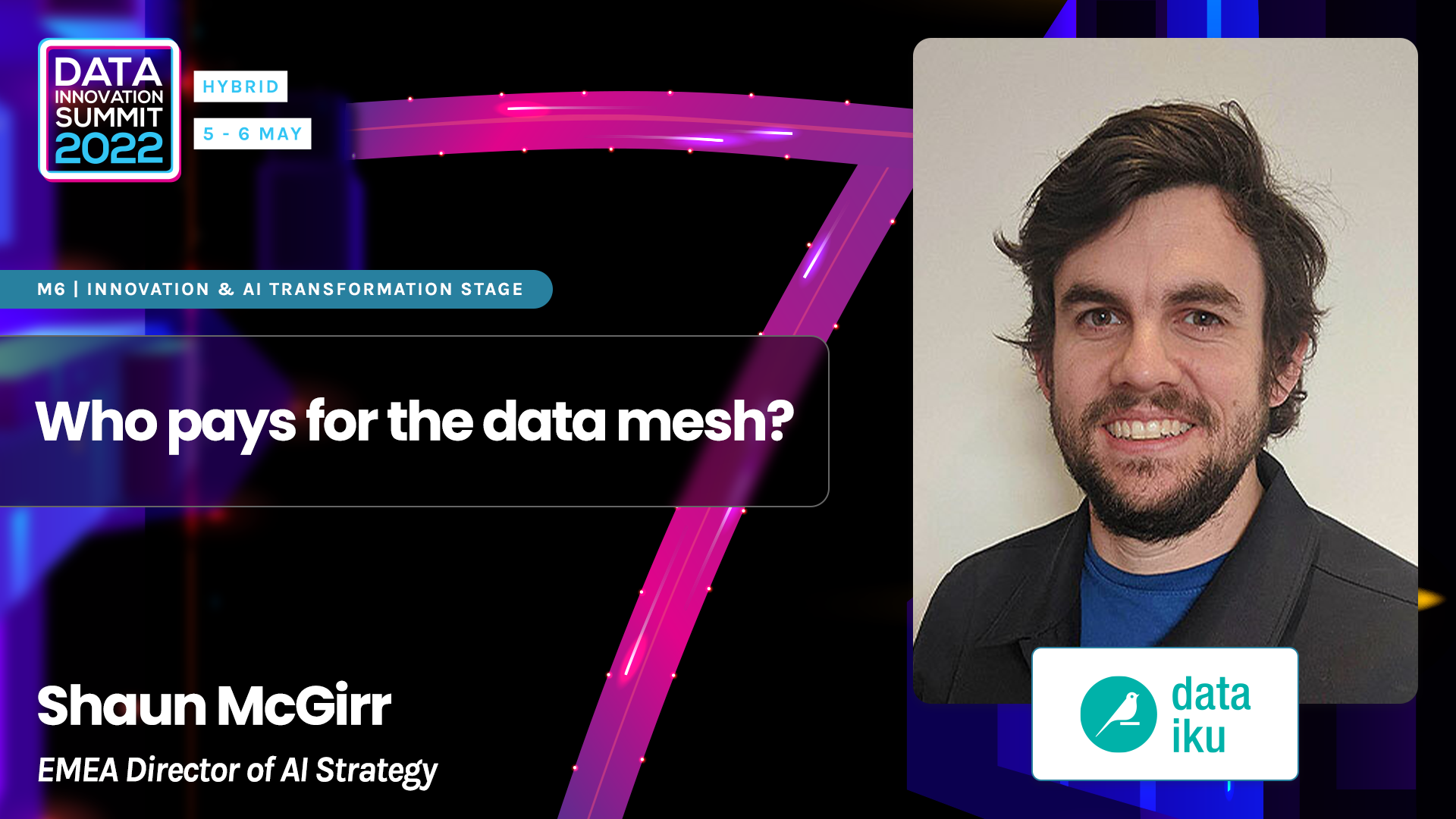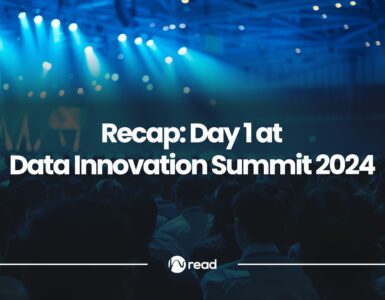

Session Outline
The 2020s are set to be a decade of (re)decentralization of data capability in organizations, after a long period of centralization driven by Big Data. New ideas have energized this movement, providing philosophical and architectural underpinnings that resonate with many data people. But how can they be sold to domain owners, accustomed to exporting their data problems elsewhere to be solved, using someone else’s budget? The history of political federalism offers useful lessons, and clarifies the outstanding questions on who benefits vs pays for decentralization.
Key Takeaways
Why has the moment for decentralization of data capability arrived (once again) and why might it be different this time? What does political/economic federalism, in which costs and benefits are divided between a “hub” and “spokes”, teach us about the optimal conditions for decentralization?
Who else must be part of the conversation on decentralization of data capability, and what narratives will work for them?
What risks would undo progress and drive (re)centralization?













Add comment